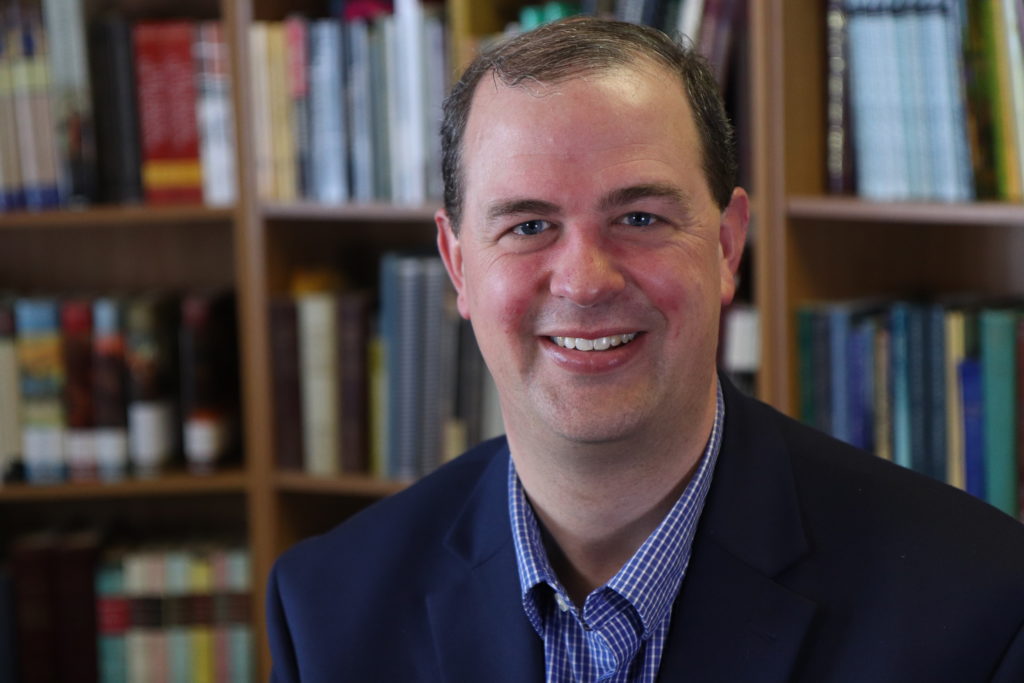The Chronicle of Higher Ed just published an article “College Degrees, Designed by the Numbers” that highlights the promises, and some potential pitfalls, of merging “big data,” behavioral economics, and learning analytics. I recognize the 1984 Orwelian Big-brother concerns many have about such approaches. My questions is, “Why wouldn’t we use better, more effective, more efficient approaches to accomplish our goals in education?” In fact, a piece like this raises the fundamental questions: “What are the purposes of education? How are those purposes best achieved?” From the comments section of the article, many commentators urged that we not lose serendipity and exploration in learning. First, are such features of the current learning system truly the core of how to achieve the purposes of education? (I’m not arguing against serendipity and exploration, I’m questioning how core they are to how we answer the question “What are the purposes of education? How are those purposes best achieved?”) Second, learning analytics do not preclude serendipity and exploration, they simply provide guidance. No one loses their opportunity for choice. Rather they gain better choices and deeper awareness of the consequences of such choices. Isn’t one key purpose of education about training individuals to be critical thinkers? If someone exercises critical thinking with bad data or bad information, what good is such critical thinking? On the other hand, if someone exercises critical thinking with excellent data, aren’t they more likely to experience better conclusions from the process of critical thinking? And if we are so against big data, is “little data” better? Why is it when we already collect so much information about learners (grades, SAT scores, what college they go to, where they live, where they are from, their family background and economic class, etc.) so that the learners and those that assist them can make the best informed decisions to support the learners’ growth and progress we balk at the thought of collecting more precise information? Is this just the slippery slope argument? If so, where do we draw the line on data collection? Should we collect any data at all on learners? If not, how do we know students are even progressing, achieving, learning, growing? If we do collect data, what data should we collect, with which instruments, and how should it be used? And where do we draw the line; when do we stop collecting data? When do we stop providing specific, personalized feedback to learners for fear of becoming their big brother? My concern is that the fear of becoming someone’s big brother leads us to not be our brother’s keeper.
About Taylor Halverson
Taylor Halverson is an aspiring master learner who loves people, laughter, telling stories, and learning.





